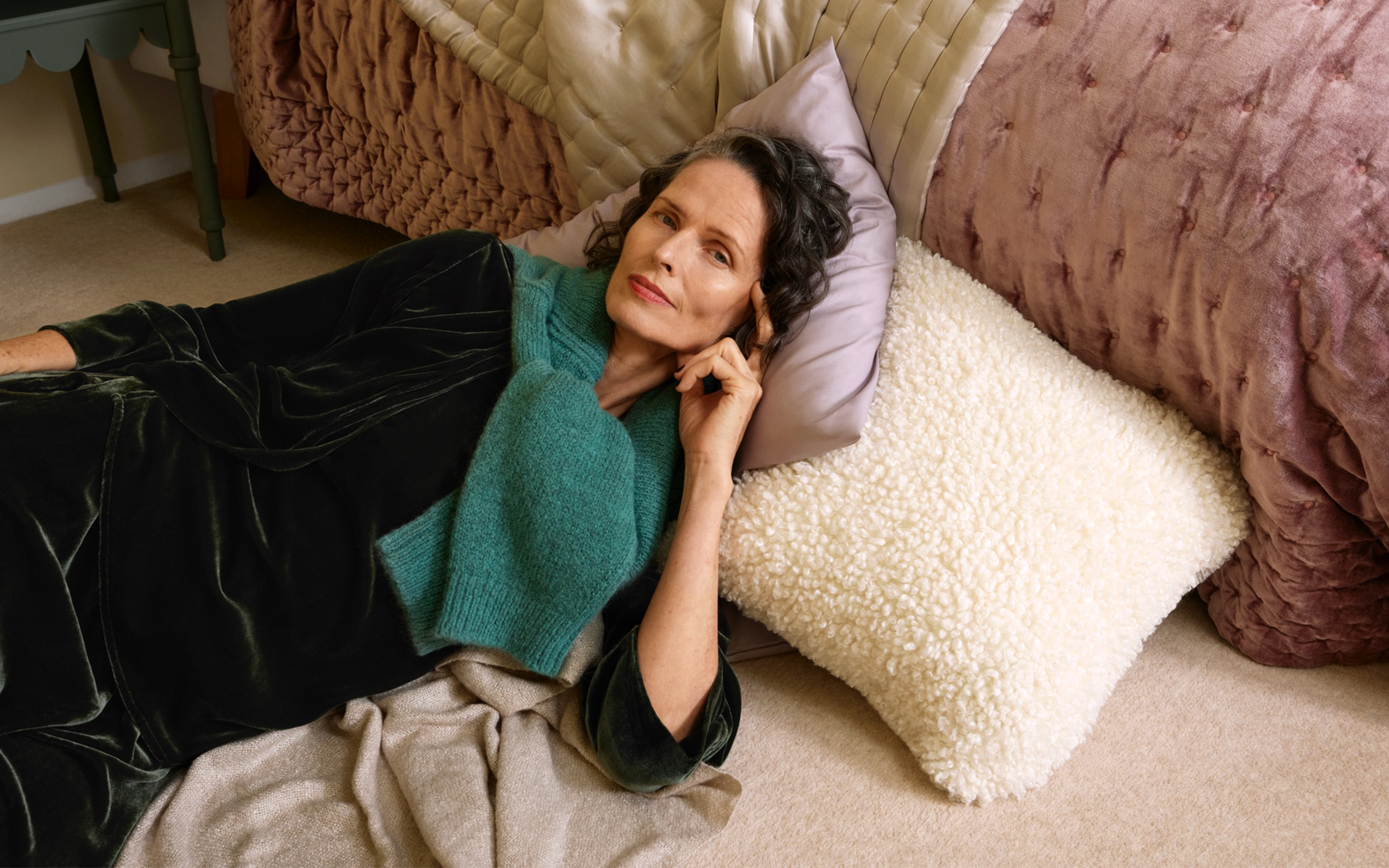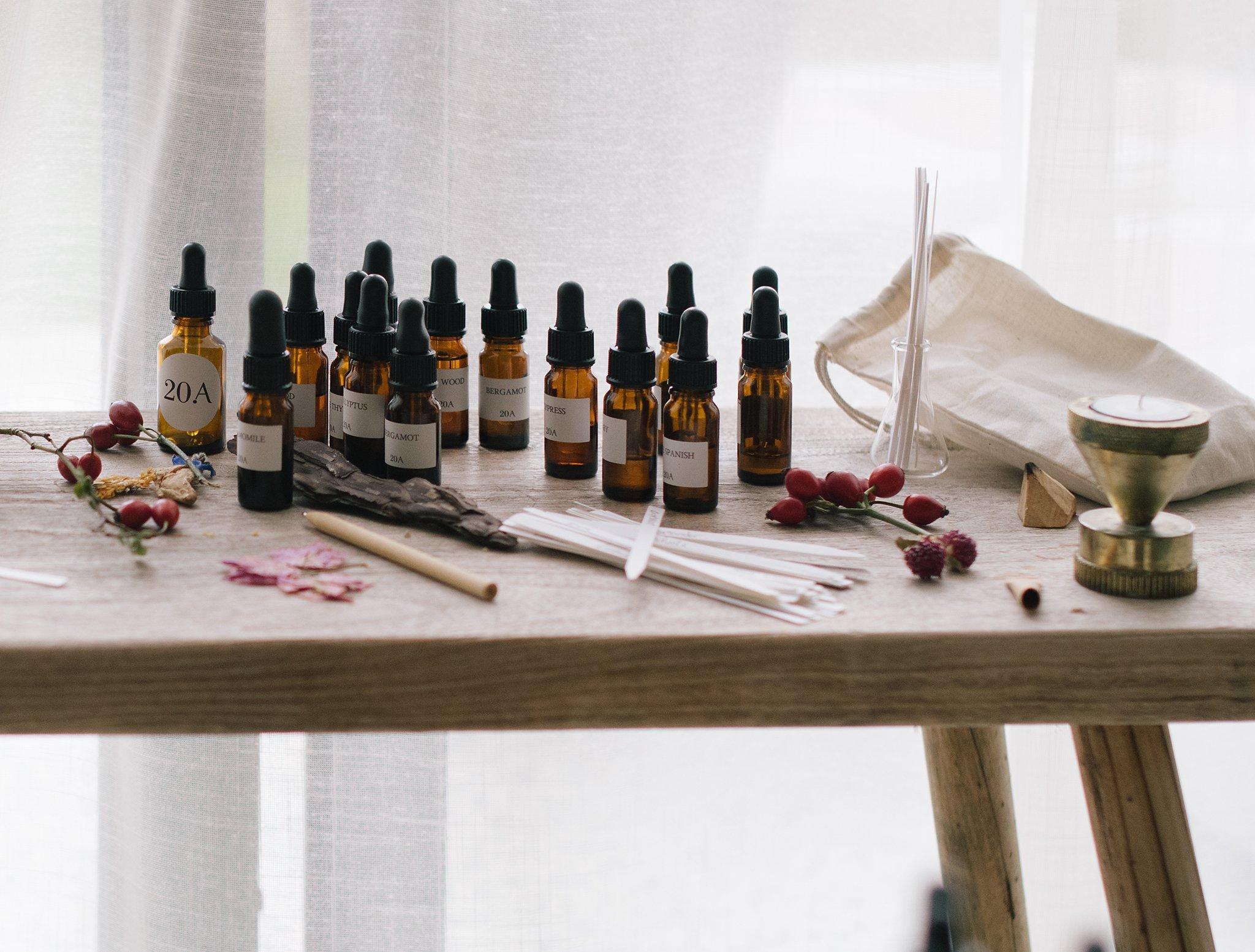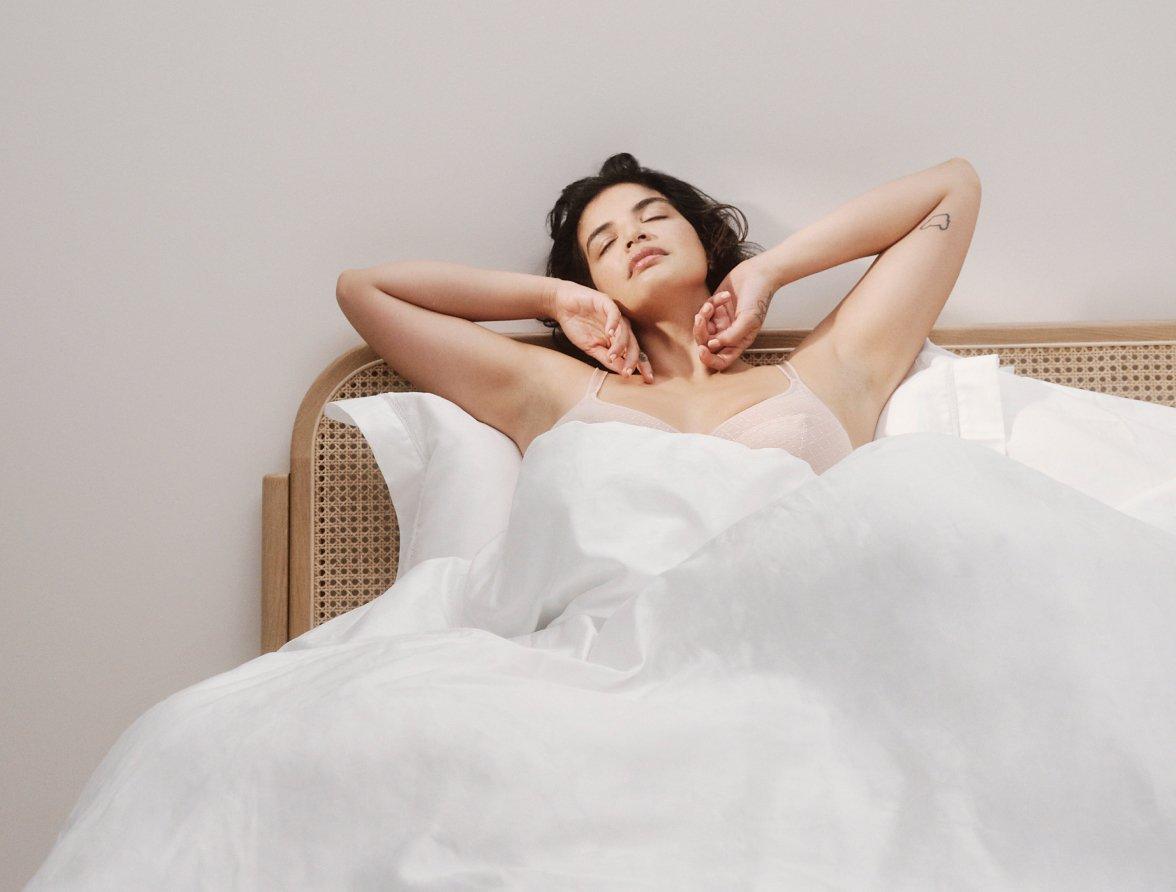Spotlight on: Menopause
Raising awareness ahead of World Menopause Day
Menopause is nothing new, but ever since Davina McCall’s 2021 documentary aired to critical acclaim (and a gasp of relief from millions of women across the UK) it’s been under a spotlight.
In Sex, Myths & Menopause, Davina spoke frankly about her own experiences of menopause, which started when she was 44. It was watched by over 4 million people and has since led to the likes of Lorraine Kelly, Dawn French, Jo Wiley and entrepreneurs Liz Earle and Seema Malhotra speaking out, resulting in the government appointing Menopause Employment Champion, Helen Tomlinson, late last year.
Ahead of World Menopause Day on 18 October, we’re aiming to help raise awareness and offer a little support where possible. Here, we chat with Sam Blevins, our Health and Wellbeing expert to find out more.
What is menopause?
Menopause generally occurs about 12 months after your last menstrual period. However symptoms can start for up to 10 years before this, commonly known as perimenopause, so it's good to be prepared and be aware of the symptoms.
What are the symptoms?
The symptoms of perimenopause can vary from person to person and some people may have few or no symptoms. Symptoms can be severe and affect daily life and some people may experience them for several years. They can include; menstrual changes, hot flushes and night sweats, skin changes, sleep problems, mood changes, brain fog and other symptoms like hair loss or thinning, headaches and more.
Who does it affect?
The simple answer is everyone – at some stage you or someone you know will either be going through it, have gone through it, live with it or work with it.
What is the aim of World Menopause Day?
It’s a date where we can celebrate the work we have done on the subject of menopause, reduce the stigma surrounding this life change and support those experiencing it.
The theme of World Menopause Day 2024 is Hormone Replacement Therapy. What is HRT?
During this time hormones deplete and that can lead to symptoms. HRT is used to manage symptoms by replacing some of the hormones. HRT comes in many forms such as gel/patches or tablets, what and how you receive this is based on an individual clinical assessment. It is natural but having access to treatment such as HRT is really important and should be discussed with all women. Some countries call it MHT which means Menopause Hormone Therapy.
What alternatives are there?
There are other alternatives such as foods called phytoestrogens or therapy like Cognitive Behavioural Therapy (CBT). We also recommend that you get ready for this life stage by keeping an eye on your weight, stopping smoking and adapting your physical activity to do as much as you can. The guidance is 150 mins of moderate exercise per week – such as walking or 75 minutes of vigorous exercise like running, and try to fit in two strength based days like light weights or pilates too.
Where can people find out more about which route is right for them?
Check out the information on the NHS website and make an appointment with your GP. It’s helpful to work out what you want from your appointment with them, whether that’s HRT or other support, so have a think about what you want to discuss before your appointment to maximise your time there.
How does menopause affect sleep?
Menopause can have a huge impact on sleep quality, starting when a woman is perimenopausal. Hot flushes, restlessness, bouts of wakefulness and even insomnia have all been linked to menopause. Why is this an issue? Lack of sleep can lead to all kinds of long-term health problems. The good news? HRT and other alternative therapies – alongside some specially formulated products – can genuinely make a different to your sleep and your long-term health in general, so it's worth doing your research and thinking about how best to optimise your health. To start getting serious about sleep, make an in-person or virtual appointment with our sleep experts – and in the meantime, explore the below products for the first steps to a great night's sleep.
John Lewis offers free virtual sleep consultations to discuss your needs




